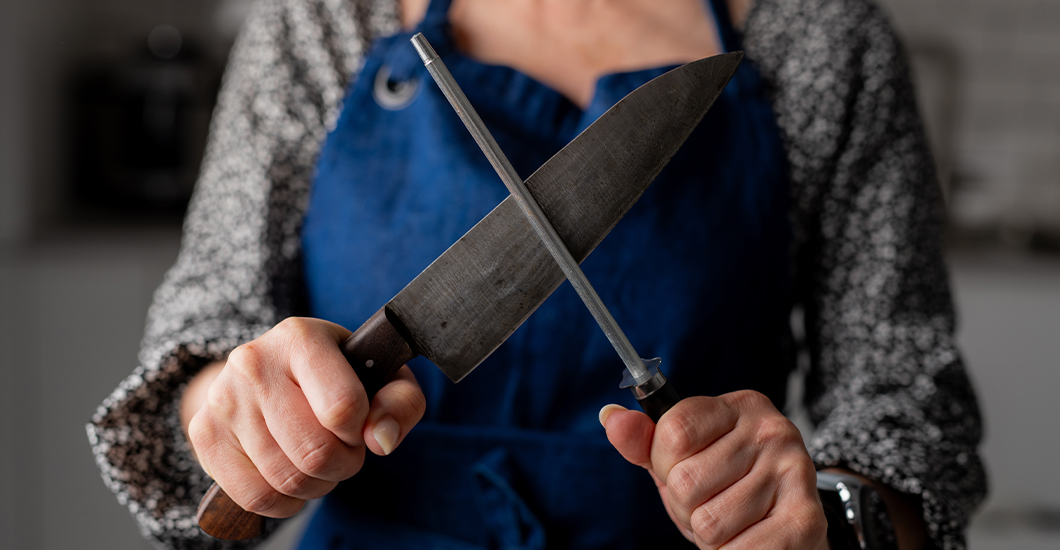Trending Articles
Memories…
One cold childhood night, my father taught me how to rebuild a fire…
Be it an unseasonably crisp fall evening, the fragrance of smoke pouring out of an often-used chimney, an array of fall foliage colors, or even the tone of someone’s voice, these seemingly infinitesimal sensory details often spark the vivid remembrance of a moment long ago.
Why do we have such memories? Do they serve as a way of avoiding previously made mistakes? Did God give us memories so that we might have roses in December? Or might it be something much more profound? Are they seeds of contemplation that we are meant to dwell on, ponder, prayerfully reflect on, and contemplate?
‘Warm’ Love
When I was nine, maybe ten, my family and I arrived home on an unseasonably cold fall night. My mother immediately requested that my father rebuild the fire. This being a favorite pastime of mine, I eagerly stood by to watch. While other fire-building occurrences remain a haze of insignificant details, this one lives vividly in the depths of my mind. I even remember it verbatim.
He opened the wood stove, picked up the poker, and started clearing away ash. Curious, I remember asking: “Why do you clear away all the ash?” Immediately, my father answered: “By removing the ash, I am killing two birds with one stone. I isolate any embers while simultaneously allowing oxygen to flow more freely.”
“Why is that so important?” My father stopped his work and looked at me, balancing on his toes in a crouched position. Moments passed as he considered my question. He then called me close. As I approached, he handed me the poker and almost whispered: “Let’s do this together.”
Feel the Difference
I took the metal rod, and he guided me in front of him. He wrapped his hands over mine and started to guide my movements. The ash continued to fall through the grate, and what was left behind was a small pile of embers. My Father asked me: “Do you feel much heat?”
I laughed and said: “No Dad! Of course not!”
My father chuckled, then responded: “I imagine not! Certainly, as they are, they are not going to heat the house, but notice what happens when I do this.” He put the poker down, positioned himself closer to the stove, and began to blow hard onto the embers. They suddenly began to glow a fiery red. My father then said: “Here, you try.” I emulated his actions and blew as hard as I could. Likewise, the embers turned a vibrant red for the briefest of moments. My father asked: “You see the difference, but did you also feel the difference?”
Smiling, I answered: “Yea! It was warm for a second!”
“Exactly,” my father interjected: “We clear the ash so that oxygen can fuel the embers. Oxygen is absolutely necessary; the embers burn brighter, as you saw. We then fuel the fire with other small flammable items, starting small and then moving on to bigger items.”
My father then instructed me to get newspapers and small sticks from the kindling box. He meanwhile went to the side porch and collected several boards and larger logs. He then crumpled the newspaper and laid it on the small pile of embers. He then instructed me to blow on the pile as I had done before. “Keep going! Don’t stop! Almost there!” my father encouraged, until quite suddenly, and just as surprisingly, the newspaper caught fire. Startled, I jumped back a little but was then calmed by the burst of warmth I also felt.
At that moment, I remember smiling from ear to ear, and my father, also smiling, instructed: “Now, we can start adding slightly larger items. We’ll start with these twigs and such. They’ll catch fire like the paper did. Observe…” Sure enough, after a few moments, the sticks were burning. The heat was significant. My father then added small logs, and old fence boards, and waited as before. I had to back up because the heat was unbearable up close. Finally, 30-40 minutes later, the fire was literally roaring as my father put in the largest of logs. He said: “With these, the fire will burn several hours into the night. You have learned that the hardest part is getting the fire going. Once ablaze, it is easy to keep it going as long as you feed it and allow the oxygen to fan the flames. A fire without oxygen, without fuel, will be extinguished.”
To Remember…
The desire for God is written in the human heart. The fact that humans are made in the likeness and image of God results in an ember, a desire for happiness that lies in each of us. This ember can never be extinguished, but if left uncared for, leaves its owner unhappy and without purpose. Clear away the ashes (through Baptism), and we allow God’s love to fan the flame. Our deepest desire starts to be oxygenated, and we begin to feel the effects of God’s love.
As God’s love stimulates the fire within to grow, it requires sustenance—an active daily choice to kindle the flame. The Word of God, prayer, the Sacraments, and works of charity keep the flame well nurtured. Left unaided, our flames reduce once more to a struggling ember, starving for the oxygen only God can provide.
Our free will allows us to say ‘Yes’ to God. This not only fulfills our innate individual desire for happiness but our ‘Yes’ can even ignite someone else’s desire for conversion, giving validity to Saint Ignatius’s words: “Go forth and set the world on fire.”

Aleksie Ivanovich is supported by his family and friends in his effort to make the best of his incarceration. He is part of the Catholic Prison Ministry and seeks to inspire others to realize they are never out of the reach of God's mercy and love.
Latest Articles
Want to be in the loop?
Get the latest updates from Tidings!








